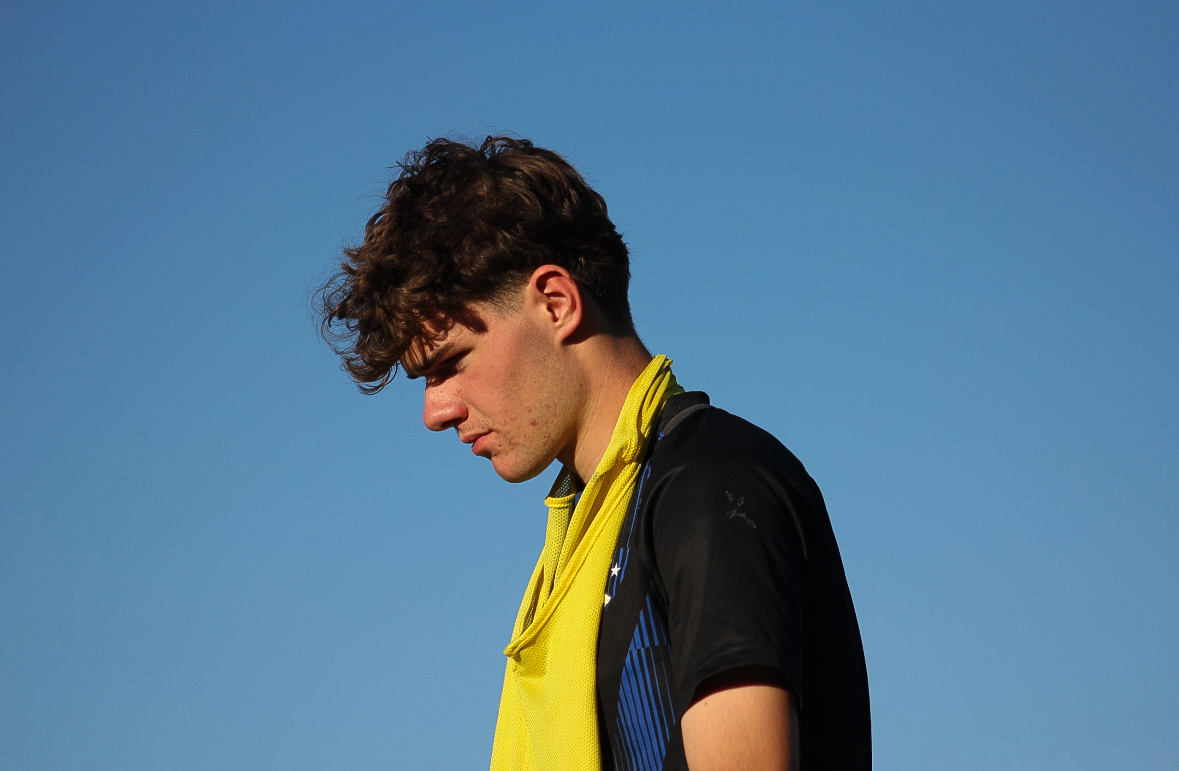Patagonia: Doing Business the Right Way
Photo by: Courtesy of Patagonia | Campbell Brewer
Yvon Chouinard, founder of Patagonia, signs a letter about company donation
October 7, 2022
On September 14, 2022, Patagonia announced on Twitter that “instead of extracting value from nature and transforming it into wealth for investors, we’ll use the wealth Patagonia creates to protect the source of all wealth”, by dedicating the company’s profits to projects and organizations purposed towards protecting the environment and fighting climate change. The decision has shocked many, while others applaud the company for making a move many billionaires aren’t willing to make.
In a letter announcing the company’s decision, Yvon Chouinard, the founder of the $3 billion company, Patagonia, wrote that he had never wanted to be a businessman. At 14 years old, Chouinard started his life-long passion for rock climbing at the Southern California Falconry Club, and later started crafting climbing gear for his friends. Eventually, Chouinard taught himself how to be a blacksmith by forging pitons and selling them, then partnered with Tom Frost to start the company Chouinard Equipment, which later became the largest supplier of climbing hardware in the US in 1970. A few years later, the company chose the name “Patagonia” for its new clothing line, and rapidly started dominating stores with warm, comfortable outdoor apparel.
Unlike many other billion-dollar companies, Patagonia is notable for its avid environmental advocacy, where the company started devoting time and money towards the increasingly apparent environmental crisis ever since its early days as a fairly small company. One notable environmental initiative the company’s founder made was co-founding a non-profit corporation in 2002 with Craig Mathews (the founder of Blue Ribbon Files), called “1% for the Planet”, a global network of businesses, individuals, and environmental organizations that collectively work together to create a stronger driving force towards fighting climate change. Committed business members donate at least 1% of their gross sales, and individual members donate 1% of their annual salary or contribute volunteer support towards environmental organizations specifically chosen by the organization. As a result, members have currently “invested over $350 million in environmental solutions through the 1% for the Planet network”, according to the organization’s website.
Even though Chouinard had spent years fighting for the planet and addressing the climate crisis through 1% of the Planet and other environmental initiatives, he wanted to do more. Chouinard wanted to find a way to make a bigger impact utilizing his large company, Patagonia.

A Patagonia sign outside a store
Searching for a solution, the team considered selling the company or making it public. However, Chouinard was dissatisfied with these options, as concerns arose over the company maintaining its original values and intentions for climate justice if it were to undergo a change in supervision. After various considerations, the company finally decided its preferred course of action.
“Instead of going public, you could say we’re ‘going purpose,’” they announced on social media. Chouinard and his family are transferring their ownership of Patagonia to the Patagonia Purpose Trust, which has been designed to ensure the company stays committed to giving away its profits as promised, and the Holdfast Collective, a non-profit organization dedicated towards fighting the environmental crisis. All of the company’s voting stock (equivalent to 2% of overall shares of Patagonia) were transferred to the trust, and all non-voting stock (98% of Patagonia’s overall shares) were donated to the Holdfast Collective. Both the trust and organization had been created to preserve the company’s independence, and ensure all profits would go towards their intended environmental purposes.
As Patagonia continues to operate as a private, for-profit corporation, the Chouinard family no longer hold ownership over the company, and as a result of donating the company to the trust and non-profit, they receive no tax benefits. After giving away the bulk of their assets, the family has established themselves as “among the most charitable families in the country,” according to the New York Times. Their decision has resolved the question of what the future for the company will look like once the founder is gone, as profits are ensured to be invested towards protecting the planet and building a cleaner future.























